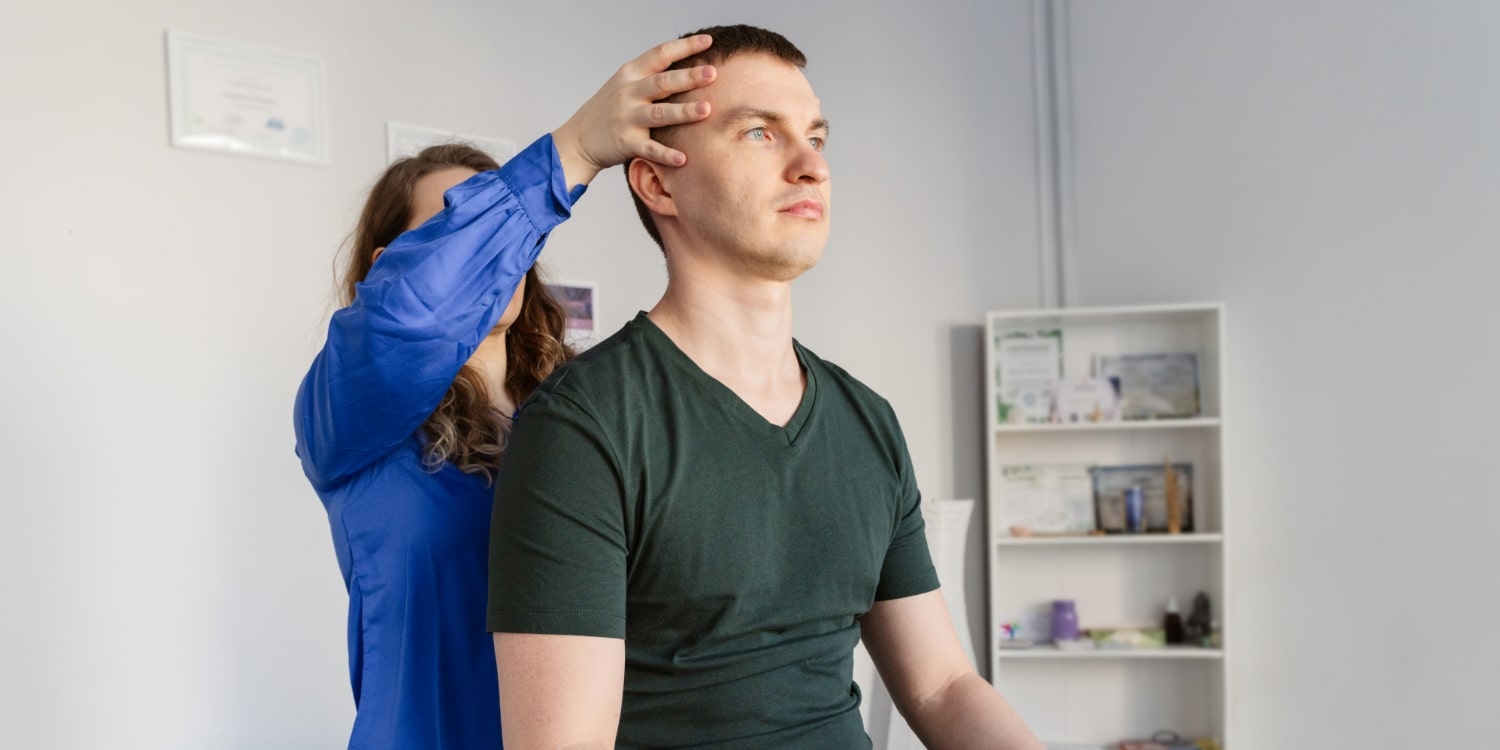
A threat to our profession?

The increasing trend of patients seeking medical information online doesn’t have to be a bad thing.
Health information is increasingly accessible to anyone with internet access. According to a 2015 International Telecommunication Union report, more than 3.2 billion people have internet access worldwide.
In 2019 Google Health vice president Dr David Feinberg shared that an estimated seven per cent of Google searches are health related, which equates to more than one billion health-related searches every day. He asserted that people were ‘asking us about conditions, medication, symptoms and insurance questions’.
Dr Google is the anecdotal term used to describe internet users using Google to gather health information. Internet users predominantly search for information about diseases, symptoms, preventative measures, treatments and general health. The sources of the information are diverse and range from government and not-for-profit sites to personal blogs, private clinics, hospitals, patient support groups and social media influencers.
Health professionals are also using Google as a tool to find extra information for their patients or to clarify specific issues. The main difference is that a health professional has formal training and expertise in filtering what information is credible and relevant.
Health professionals such as GPs and physiotherapists in primary care have indicated that they feel threatened by this Dr Google trend. They believe it has the potential to discredit or disregard their professional expertise.
Recently Google faced significant public criticism for its role in spreading dangerous misinformation about measles vaccinations on its video-sharing platform YouTube. Such issues have led to an increasing tendency for health professionals to ignore or contradict the information gathered from the internet that patients present at a consultation. This is not necessarily an ideal way of managing these problems for all patient scenarios.
Research published in the Medical Journal of Australia in 2018 found that consulting Dr Google before presenting at an emergency department has the potential to improve interactions between patients and treating doctors.
A survey of 400 patients who presented at the emergency departments of St Vincent’s Hospital and Austin Health in Melbourne discovered that more than one-third of patients looked up their problem beforehand. Interestingly, of the 190 patients who looked at their problem online prior, 150 reported that they were able to ask more informed questions, communicate effectively, and had more of an understanding of medical language. On the other hand, 40 per cent of the patients who searched online noted it caused them increased anxiety.
The future of health appears to be moving towards self-management, leveraging emerging technologies and the internet. It is therefore an important responsibility of health professionals to embrace such consumer trends by having open discussions with their patients, encouraging their patients to make well-informed decisions with high-quality evidencebased information.
Implications for physiotherapists:
- online information should not be seen as a threat and should be embraced by physiotherapists to improve patient care and experience
- physiotherapists can play a key role in providing context to the online information presented by a patient during consultation
- patients searching for information online about their problem before a consultation can potentially enhance practitioner–patient communications
- physiotherapists should encourage open discussions with patients about what they have found online and direct them to sites with high-quality information
- physiotherapists can build trust with patients by curating and producing high-quality digital content to share with patients.
Email inmotion@australian.physio with any comments or queries regarding this article.
Disclaimer: This material is intended for general information purposes only and does not constitute legal advice or meet the specific needs of your clinical context.
© Copyright 2023 by Australian Physiotherapy Association. All rights reserved.





